Alcohol is metabolized mainly in the liver (90%), 10% of alcohol from beer and wine is excreted through sweat, breath, and urine. Under the influence of the enzyme alcohol dehydrogenase (ADH), ethanol (ethyl alcohol, ethyl alcohol, grain alcohol or alcohol) will be converted into acetaldehyde (a toxic chemical).
Acetaldehyde is then converted into acetic acid (non-toxic) by the enzyme acetaldehyde dehdrogenase 2 (ALDH2), acetic acid is then converted into water and CO2.
If you drink a lot of alcohol, your liver will be overloaded, acetaldehyde will not be fully processed, causing high levels of this toxic substance in the blood, causing symptoms of headache, hangover, and fatigue.
In addition, drinking alcohol causes dehydration, leading to headaches, dry mouth, thirst, and lethargy.
Some people get drunk easily for one or both of two reasons:
First, high ADH enzyme activity causes the amount of acetaldehyde in the blood to increase rapidly, causing a feeling of drunkenness and fatigue.
Second, the activity of ALDH2 enzyme is low, causing the rate of acetaldehyde decomposition to slow down, and a large amount of acetaldehyde accumulates in the body.
People with a high alcohol tolerance who can drink for a long time without getting drunk are due to their high ALDH2 enzyme activity, which causes acetaldehyde to be eliminated quickly. On the contrary, some people have low ALDH2 enzyme activity and can "collapse" after only half a cup.
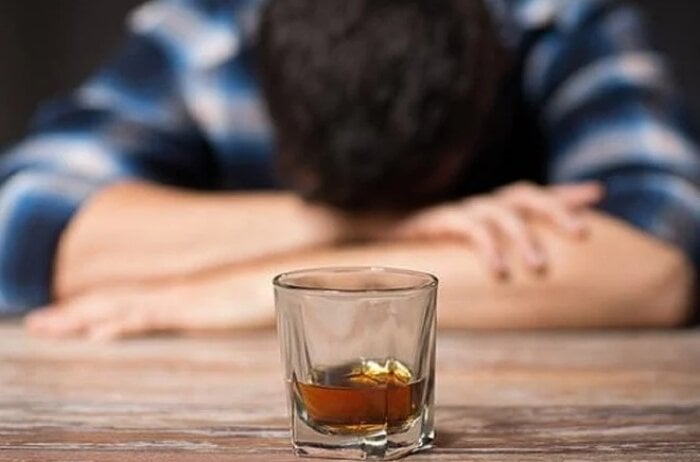
When drinking alcohol, some people drink forever without getting drunk, while others get drunk after only half a cup. (Illustration)
Based on the reality of alcohol consumption in most countries around the world, the World Health Organization (WHO) introduced the concept of alcohol unit.
One unit of alcohol is equivalent to 10g of pure ethanol, equal to 200ml of beer; 75ml of wine (1 glass); 25ml of spirits (1 cup). Depending on the amount of alcohol consumed, it will be converted to approximately how many units of alcohol.
For healthy adults, the liver will eliminate one unit of alcohol every hour. This is an average number. Depending on each person, such as people with weak livers or people with higher than average weight, this period of time can increase or decrease.
In addition, pathological factors, age, weight, or when the stomach contains a lot of food, the rate of alcohol absorption in the stomach will be slow and the rate of alcohol excretion will also be slow.
If you drink 20 glasses of strong alcohol (about 40 degrees) equivalent to 20 units of alcohol, the liver will take about 20 hours to eliminate it. However, after elimination, the body needs 23 hours for the alcohol in the blood to return to 0.
Therefore, if you drink 20 glasses of strong alcohol, it will take you about 23 hours (nearly 1 day) after drinking for your alcohol concentration to increase.
From the above information, hopefully you have an answer to why some people can drink forever without getting drunk, while others get drunk after half a cup?
Source



![[Photo] Prime Minister Pham Minh Chinh chairs a meeting on the implementation of the Lao Cai-Hanoi-Hai Phong railway project.](https://vphoto.vietnam.vn/thumb/1200x675/vietnam/resource/IMAGE/2025/5/20/0fa4c9864f63456ebc0eb504c09c7e26)








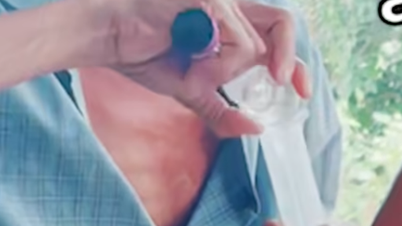







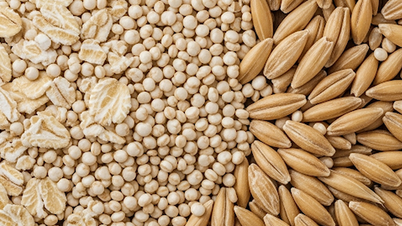
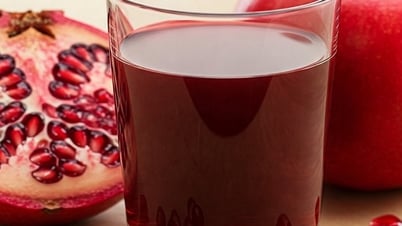

























































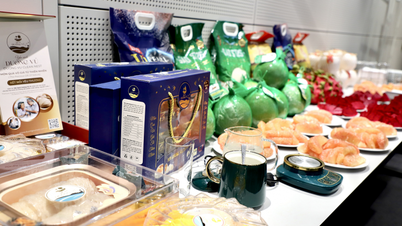





















Comment (0)